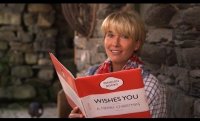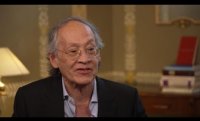Cheesy Decor
Do you want to spend time eating in a place that’s been called a “fully immersive postmodern design hellscape-themed dining experience?” Over the years, despite the eclectic interior decor, ambience, and absurdly lengthy menu that has been written about by bewildered yet admiring journalists, the Cheesecake Factory has become a top-ranked casual restaurant chain and a cult favorite amongst celebrities. Think about the interior of a place that you have strong opinions about. Maybe it’s a room in a grandparents’ house from long ago, a particular restaurant, library, or a favorite bookstore. Write a personal essay that describes in detail the various architectural and interior design elements at play. Examine your personal memories in connection to your aesthetic responses to the site to make your descriptions as vivid as possible.








